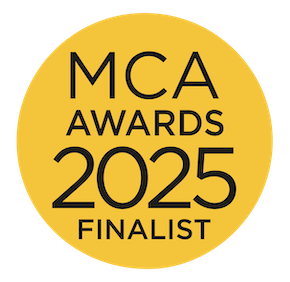Social Value

MOPAC and Gate One re-design service delivery models to be victim-centric and needs-led to adequately support victims/survivors of sexual violence in London
The Mayor’s Office for Policing and Crime (MOPAC) commissions services providing direct support to victims/survivors of crime in London, including support delivered by specialist voluntary sector organisations for victims/survivors of sexual violence. However, these services faced significant strain, with long waiting lists and delays for emotional and practical support.
In fact, for victims/survivors in the criminal justice system, only 6% of rape reports ended in a successful prosecution, and two thirds withdrew before they’d reached court because the process itself was so traumatising. This galvanized MOPAC to collaborate with its service providers to improve service delivery, making it more victim-centric and needs-led with equitable access for all.
Gate One supported them on this journey by conducting 35 trauma-informed interviews, 40 surveys and 7 focus groups directly with victims/survivors to give them a solid understanding of what support they needed. Armed with that knowledge, MOPAC could take that insight and improve the services they were commissioning. Increased service diversity was informed by victim feedback and future services will offer shorter waiting lists, timely support, diverse provision, and smoother recovery journeys.
For MOPAC, it was also crucial that there was collaboration with the providers in terms of co-design and co-production. This was especially important as they were entering into a process of significant change across the board in terms of how they would potentially commission these services in future. Service providers were involved in the governance throughout and Gate One developed trusted relationships with them to fully understand impact and elicit feedback i.e. one-year contracts, limited resilience, ability to innovate, invest etc. They could then recommend that MOPAC, as commissioner, considered how they can take on risk and increase the length of contracts to provide greater security and stability.
Gate One’s bespoke capacity and demand model enabled MOPAC and its providers to deduce what choices could be made for victims/ survivors within the funding envelope which aided government lobbying for increased funding. This was an incredibly powerful tool as MOPAC is continuously engaged in conversations with the Ministry of Justice to discuss funding for tackling violence against women and girls. In fact, when taken through the demand and capacity model and shown the impact of demand in the coming years, the Ministry of Justice really stood up and took notice.
In terms of national lobbying, it also proved to be an engine for change and continues to be a point of innovation because this has never been done anywhere else and has the potential to make a real impact in other areas of local government.
Most importantly, the victims/survivors from all walks of life were given a voice! Future services will be shaped by their needs and should result in:
o shorter waiting lists and receiving more timely support
o more diverse service provision (better suited to their needs)
o a recovery journey that is smoother from an experience perspective i.e. less being passed around the system from provider to provider or being forgotten about on a waiting list for years.
View the Gate One profile in the MCA Members Directory.

